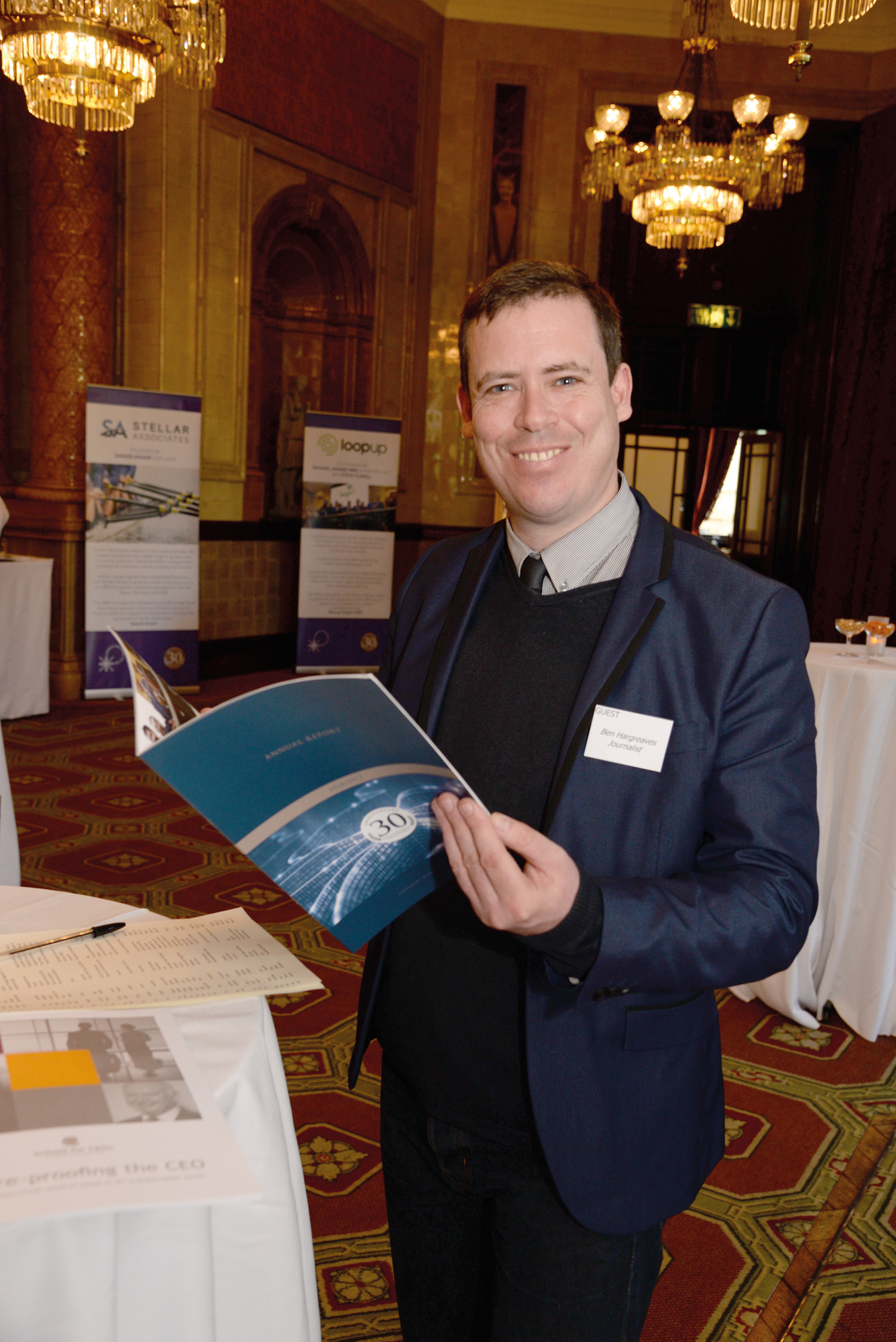APM CEO Debbie Dore: how project management can shape the future

Project managers provide crucial leadership and expertise during periods of social and political change. With more than three years’ experience at APM, Debbie Dore was the board’s unanimous choice to step up from the role of chief operating officer to lead the organisation. Here, APM’s CEO outlines some of her priorities and her vision for the future of project management.
On chartered status and growing professionalism
“We have a big responsibility to the profession to make the next stage work for them. Chartered status means so much to the Chartered Project Professionals (ChPPs). So after becoming chartered, we carried out a massive consultation with government, corporate organisations and individuals to see what they wanted the standard to be. That’s important because now we can sit at the table with chartered engineers, scientists or accountants and show that project management is on an equal professional footing...
“The first tranche of ChPPs and the increasing importance of projects to society and the economy presents a great opportunity for APM in critical areas such as people, change and technology.”
On breaking new ground
“Newly chartered project managers work in a variety of challenging and rewarding sectors in which technologies such as big data, artificial intelligence and automation are transforming day-to-day work; and in project management’s traditional areas, such as engineering, IT and construction. We want to support a wider range of sectors. APM should reflect the diversity and geography of its members. It must be international and inclusive.”
On leadership in project management
“Leadership can mean giving colleagues confidence and support – and the space to deliver because there is only so much you can do on your own. You need to give people freedom, but also be able to measure progress against your goals.
“The project management profession is vital to the wider economy and – in the current political environment – it could have a huge role to play in managing transition. It is a profession for skills needed now and in the future.”
On what defines good projects
“Everyone’s views of success and failure are different. There are many projects that are deemed a success today that ‘failed’ in the traditional scope of the iron triangle when they were delivered. Wider social and economic factors will increasingly form part of what constitutes success. How we measure success or failure will continue to evolve and enable us to take deeper learnings across the board.”
On the next generation
“It’s a very exciting time for people to start out in project management as a career of first choice. There are so many projects focused on societal improvements, as well as economic growth. For example, environmental sustainability is one of the topics younger project managers really want to address and projects provide a perfect mechanism for doing just that.
“It will take time for the profession to mirror some of what millennials want from their careers – be that more flexibility, agility across sectors or speed of progression. This means patience is still a virtue; but good things will definitely come to those who are prepared to commit and wait.”
On what makes APM great
“It’s not just those who work directly for APM, but the many members, employers, supporters and volunteers who wanted to see the profession achieve chartered status. Everyone has a part to play in getting an organisation to where it needs to be, and it’s not always the people who are most visible who play the most crucial roles.”
You can read the full interview with Debbie Dore in the Winter edition of Project. You can find out more about becoming a Chartered Project Professional (ChPP) here.
Brought to you by Project journal.
Image: nunastock/Shutterstock.com


0 comments
Log in to post a comment, or create an account if you don't have one already.